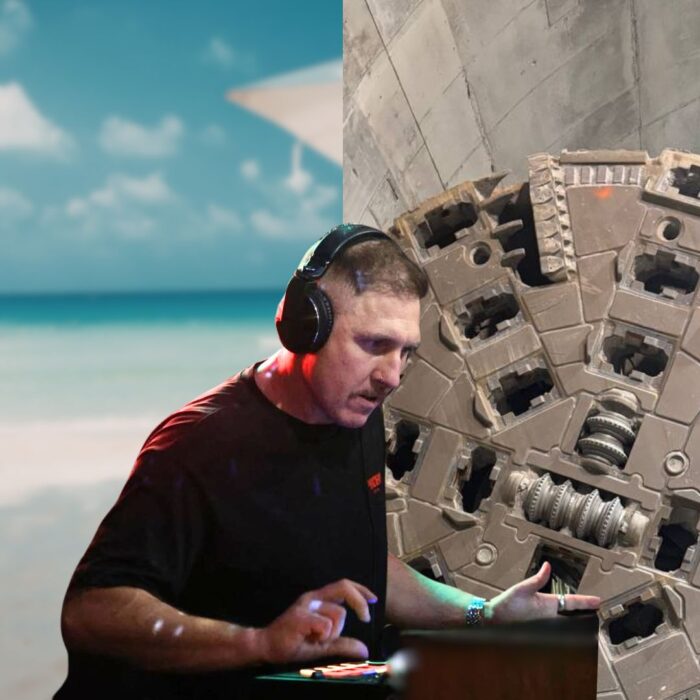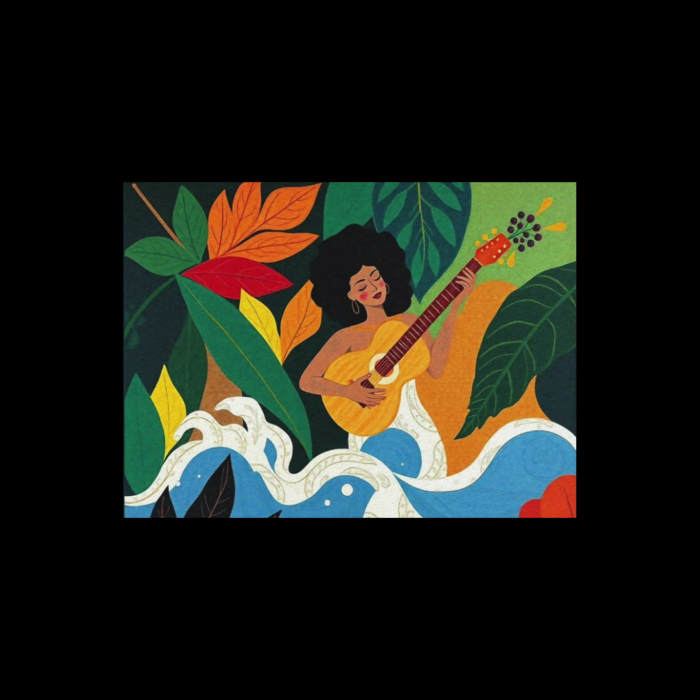With a career spanning over three decades, CASH ONLY has lived and breathed the evolution of UK dance music. From teenage weekends spent digging through vinyl in Soho to topping charts and launching his own imprint Famous When Dead Records, his journey is one of grit, growth, and genuine passion. In this interview, we dive into the highs, the setbacks, and the relentless drive that keeps him coming back to the decks – and the studio – again and again.

![]()
![]()
Did you always know you wanted a music career, or did it evolve naturally from your passion for collecting and listening?
I’ve always loved music – I actually started out playing in a heavy metal band! After discovering Jungle and UK Garage, I quickly became immersed in the culture, visiting record shops every weekend, collecting flyers and records, and buying my first set of decks. I remember my old school bag wasn’t the usual backpack—it was a record bag from Unity Records in Soho.
You’ve seen the scene evolve massively in your 30 years in the industry. What excites you most about where house and garage music is heading today?
I’m always looking for new trends and get excited by producers with fresh, unique sounds. I’m also really inspired by how clubs are evolving to create visual spectacles alongside the music – places like UNVRS and Brooklyn Mirage are great examples. Clubbers today want a fully immersive experience, and I think it’s brilliant how venues are adapting to that.
How do you stay inspired creatively, especially after years in the industry and multiple careers?
I spend a lot of time listening to music – especially Benji B and Gilles Peterson’s radio shows, and every Friday I check my Spotify Release Radar looking for tracks that might spark something in the studio. I’ve never known any other way of being connected to music. It’s a way of life for me – it never gets boring. Stressful sometimes, yes, but never boring!
Your career spans over three decades. How would you describe the evolution of your sound over the years?
When I first started, I was fully focused on UK Garage. But as that scene faded, I had to explore other genres and find new sounds that resonated with me. That journey over 30 years has shaped my versatility and given me the inspiration I need when I sit down to make music today.
You launched your own label, Famous When Dead Records, earlier this year. What’s your vision for it, and how will it stand out from others?
I wanted to build a label that was more than just about music. We’re creating a visual world around the sound – this could include T-shirts, prints, and event visuals we’ll be rolling out later in the year. From a music perspective, it’s a solid platform for my own releases but also a space to support emerging artists whose tracks I’m playing in my sets.
How has it felt returning to the scene with such momentum?
It’s definitely been a whirlwind. It hasn’t been easy – there’s been a lot of hard work, dedication, and consistency behind it all. I still feel like a small fish in a very big pond! In the beginning, I think I was seeking validation as an artist in my own right, and not just as “Sam Divine’s husband.” After multiple Top Tens, a million Spotify streams, and playing some of the world’s biggest venues, I feel like I’ve broken through that stigma. A lot of people don’t realise I’ve actually been around forever – just never had the chance to build my career like this until now.
Do you remember the first record you bought that made you think, “I want to be part of music”?
I can’t quite remember my first vinyl, but I do remember buying Tuff Jam – Underground Frequencies Volume One. That CD was crucial to the rise of UK Garage in London and I listened to it nonstop in my late teens. It was a huge inspiration and made me want to be a DJ.
What does success look like to you as an artist and label owner?
For a lot of artists today, success is measured in likes or followers. For me, chart positions mean much more. But the biggest marker of success is meeting fans around the world who connect with my music – and when promoters keep rebooking me to play. That’s when I know it’s working.
What advice would you give to upcoming DJs and producers trying to break into the scene right now?
Be consistent and don’t give up. Rejection is something nearly every artist faces, but you can push through. I remember sitting on just 10,000 streams last year wondering how I’d ever grow. But as my music improved and the community around it grew, so did the numbers – and the bookings followed.
Finally, after everything you’ve done, what keeps bringing you back to the decks and the studio?
Music is a way of life to me. It’s really that simple.





